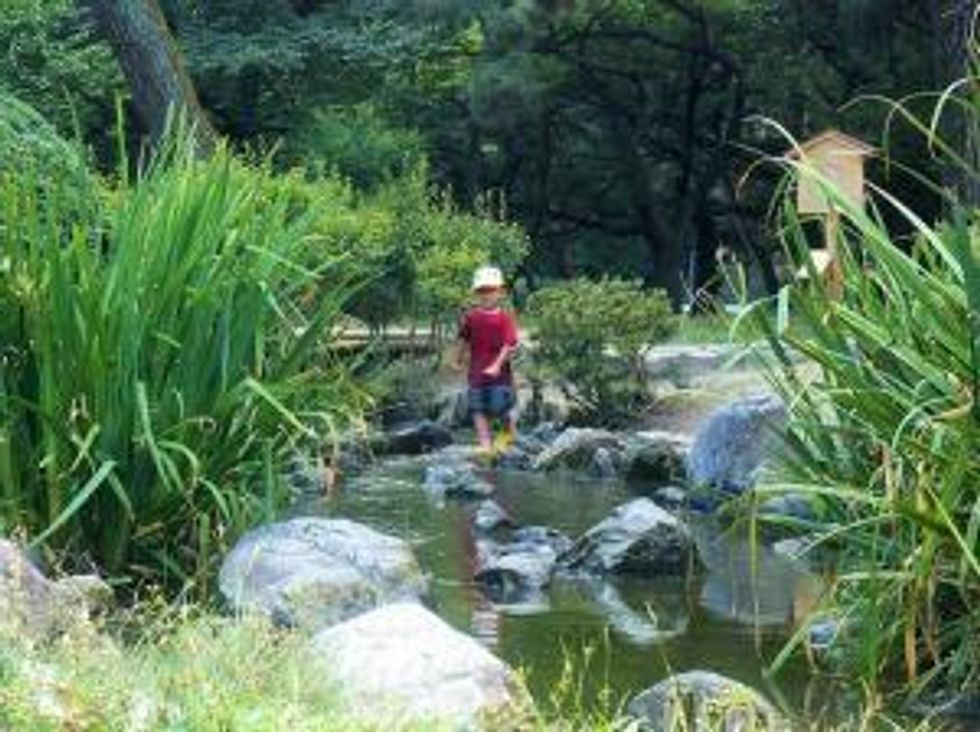After 40 years of what felt like progress in protecting our environment, the ecological crisis now seems to be worsening. Climate change, caused by greenhouse gas emissions, is heating up. The massive exploitation of the tar sands in Canada might be the tipping point, from which we can never return. Fracking for natural gas and oil threatens underground water supplies. The oceans are being massively overfished. Species extinction is accelerating.
The global commons faces massive threats no one could have dreamed on the first Earth Day back in 1970. What are we to do?
Obviously we need to address these mounting global crises--vocally and determinedly over the long term. But it's also time to take a look around our own communities.
While we generally think of Greens rallying to save rainforests, coral reefs, deserts and other faraway tracts of wilderness, that's just one aspect of saving the Earth. It's also crucial to work together with neighbors on important projects in our own backyard. Activism at this level draws more people into fighting for the environment because they can see the consequences in their own lives--and they will then make connections to what's happening elsewhere around the world. Plus, a few victories on the local level will give them momentum to dig in for long run on the international level.
That's why we must enlarge our definition of the environment to include the places that we all call home--where we live and work and play. Indeed, this kind of environmentalism would ultimately preserve wild places as well as human communities since brightening life in their neighborhoods means that people will feel less urge to move on to new homes in sprawling subdivisions carved out of forest, marsh, desert or farmland, which can be reached only by pollution-spewing vehicles.
This would nurture a new breed of environmental activists working to make streets safe from traffic so our children can walk to school as well as challenging companies that expand humanity's carbon footprint. They would lobby for brightening neighborhood parks at the same time as stopping rainforest destruction. They would transform outdated shopping malls into neighborhood centers complete with housing, public squares, libraries and convenient transit stops along with pressuring government and business to invest more in renewable energy and high-speed rail.
Jonathan Porritt, a leading UK Green, declares "Most people think the environment is everything that happens outside our lives. Yet this is a huge philosophical error creating a false divide between us and the physical world. We need to.. acknowledge that the environment is rooted in our sense of place: our homes, our streets, our neighborhoods, our communities."
A great opportunity now exists for the environmental movement to reinvigorate itself by expanding the scope of places it is willing to fight for. This broader vision of the environment would encompass rural watersheds and town squares, coastal wetlands and neighborhood playgrounds. It's a winning strategy to revive the movement and restore our planet. Let's bring the environmental movement back home to inner cities and small towns and suburban neighborhoods. Greens need all the help we can at this pivotal moment in history.



